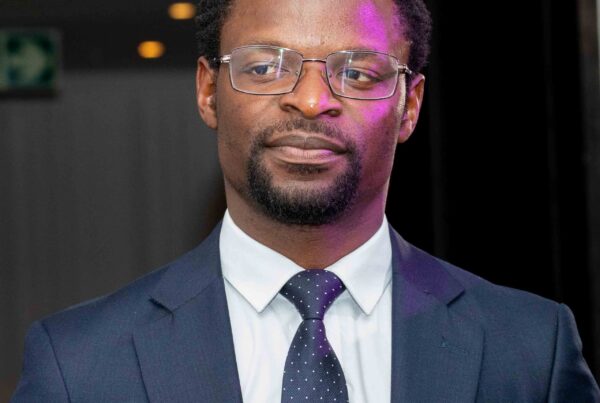 In March, 2013 the United Nations Mission in the Democratic Republic of Congo (MONUSCO) reported the tragic rape of more than 100 women including girl children committed around 20 November, 2012 in the town of Minova in the Eastern DRC. The rapes were committed by soldiers of the Armed Forces of the DRC (FARDC) who at the time were retreating from M23 rebel advance en route to Goma.
In March, 2013 the United Nations Mission in the Democratic Republic of Congo (MONUSCO) reported the tragic rape of more than 100 women including girl children committed around 20 November, 2012 in the town of Minova in the Eastern DRC. The rapes were committed by soldiers of the Armed Forces of the DRC (FARDC) who at the time were retreating from M23 rebel advance en route to Goma.
It is to be recalled that the United Nations and the International community called upon the DRC government to investigate and prosecute the perpetrators of these crimes. IHRDA and Action Contre l’Impunité pour les Droits Humains (ACIDH) joined their voices in support of this call through a joint statement requesting the African Commission on Human and Peoples’ Rights (ACmHPR), to urge the DRC authorities to ensure justice and reparations for all the victims. IHRDA and ACIDH publicly read the joint statement before the ACmHPR during its 53rd Ordinary Session held in April 2013 in Banjul, The Gambia. In addition to the public reading before the ACmHPR, the joint statement was also widely circulated to draw the attention of various representatives from States and non-governmental actors attending the Session to the plight of women victims of rape in DRC.
IHRDA welcomes the step take by the DRC that on 20 November 2013, one year after the commission of the rapes, the DRC authorities have commenced prosecutions of the perpetrators. IHRDA encourages the DRC authorities to take all measures necessary to avoid delays and impediments to the course of justice, and to observe and apply all due process human rights standards. IHRDA also calls upon the DRC authorities to pay particular attention to the protection of the victims and witnesses and make sufficient provision to ensure their safety.
IHRDA further calls upon the ACmHPR, the African Committee of Experts on the Rights and Welfare of the Child, the Southern African Development Community (SADC), non-governmental organizations and other human rights bodies in Africa and beyond to keenly monitor the trials with a view to assessing compliance with international standards on victims’ right to access to justice and remedy and making timely interventions when necessary.



